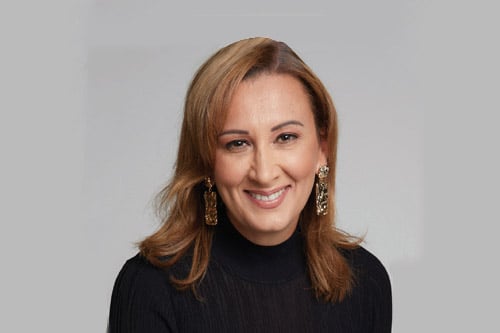

By
The scenario
We had a successful entrepreneur client with a high business profile who had built many successful businesses and was toying with the idea of buying another investment property.
He approached me before he found the property, to help him work out how much he could afford to borrow and therefore what his buying guidelines would be.
The first step in the process was to refinance his existing loans for equity release and obtain pre-approval for a new purchase. Because he had many businesses and some existing properties in his portfolio, there were a lot of moving parts in and around his finances.
My team and I bunkered down, and in a short space of time we secured pre-approval for him to borrow up to $1m. It has been a very complicated file with many ups and downs, so I wasn’t sure I’d be able to get it across the line. When we finally crossed all the t’s and dotted all the i’s, I was excited to be able to call the client with the good news.
The client was thrilled, because he then had free rein to go shopping for an investment property worth up to $1.25m (as he had a 20% deposit), which gave him plenty of choices.
A week later, he called my office and announced he’d made an offer on a property and it had been accepted.
His offer was $2m – a full $1m more than the pre-approval we’d secured. And his instructions were: “Make it happen”.
The solution
Fortunately, he had negotiated a delayed settlement in the contract, which was able to buy us some time. But we really had our work cut out for us!
All of the work we had put into his refinance was now out the window, as we had to do a complete restructure, again, of his existing loans, in order to free up more funds.
It was all hands on deck, as every one of my staff members was working on some element of his deal. We negotiated with the bank to get an exception to its existing policies and worked closely with the client’s accountant to get interim financial documents drawn up to prove his income could service the new loans.
After numerous back-and forth calculations, we had to involve two banks in the deal, not one, and the goalposts continually changed, but my team and I worked countless hours to harass, negotiate and ‘sweet talk’ them to move the deal forward.
Towards the end, I had to go overseas as I was due to spend some time in Cape Town as part of a philanthropic trip, to visit some communities that my charity partner, Human Kind Project, was supporting. Everything was under control at this point, so I left the file with my 2IC with full confidence.
My client then called me in Africa, full of anxiety and questions: “When are we going to have approval? Why is this taking so long? Who are we waiting for? What will happen if I lose this property?”
There I stood, on the side of the road in Cape Town, leveraging as best I could a dodgy international phone connection in an effort to calm my client down and reassure him that we 100% had his needs top of mind.
“No matter what happens, I will find you a solution,” I reassured him. “You have trusted me and I’m not leaving you in the lurch. We always have other options: short-term lenders, bridging finance, private finance and more. We will find a solution!”
Fortunately, this is where the trust kicked in, as the client calmed down and regained his trust in the process. I reworked my strategy from the other side of the world, and as it turned out, we did need to get another lender involved, for a short-term loan with a second mortgage from a private lender.
The takeaways
We have never set that precedent of letting a client down in the past, and I wasn’t about to let it happen now. In the end, we got it done. Furthermore, within 12 months we had played a part in improving my client’s financial position by more than $800,000, after he conducted a major renovation and had the property revalued.
I would hate to work out my hourly rate on that deal, because the blood, sweat and tears that went into it would far outweigh the commission. But the whole experience reminded me that where there’s a will there’s a way, even though the way can at times be very painful.
 Nancy Youssef
Nancy Youssef
Founder and director of
Classic Finance
